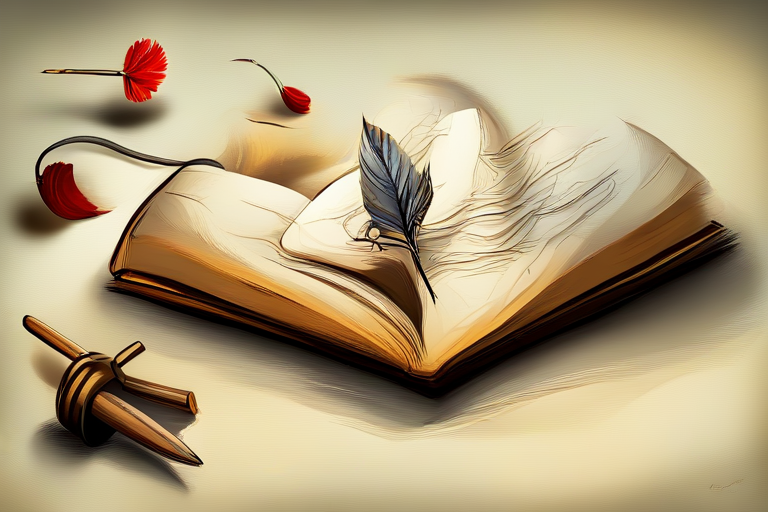Exploring the Rich Tapestry of English Literature: A Journey Through Time and Imagination
English literature stands as a testament to the human experience, capturing the essence of life, love, and the human condition through the written word. From the timeless classics of William Shakespeare to the contemporary voices of Margaret Atwood and Salman Rushdie, English literature offers a diverse and expansive landscape for readers to explore. Let's embark on a journey through the annals of English literature, tracing its evolution, themes, and enduring relevance.
The Evolution of English Literature
English literature traces its roots back centuries, with its origins often attributed to the epic poem "Beowulf," composed in Old English during the early medieval period. Over the centuries, English literature has undergone significant transformations, influenced by historical events, cultural shifts, and literary movements.
The Renaissance marked a golden age of English literature, with luminaries like William Shakespeare, Christopher Marlowe, and John Milton producing some of the most enduring works in the English language. Shakespeare's plays, in particular, continue to captivate audiences worldwide with their timeless themes of love, power, and the human condition.
The Romantic era ushered in a period of heightened emotion and imagination, with poets such as William Wordsworth, Samuel Taylor Coleridge, and John Keats celebrating nature, individualism, and the sublime. The Victorian era witnessed a proliferation of novels, with authors like Charles Dickens, Charlotte Brontë, and George Eliot exploring social issues, morality, and the complexities of human relationships.
In the 20th and 21st centuries, English literature continued to evolve, reflecting the changing landscapes of society, culture, and technology. Modernist writers like Virginia Woolf, James Joyce, and T.S. Eliot experimented with form and style, challenging traditional narrative conventions and pushing the boundaries of literary expression. Contemporary authors like J.K. Rowling, Zadie Smith, and Kazuo Ishiguro continue to enrich the literary landscape with their diverse voices and perspectives.
Themes and Motifs in English Literature
English literature encompasses a rich tapestry of themes and motifs that resonate across time and cultures. Love and loss, power and corruption, identity and belonging—these are just a few of the enduring themes that pervade English literature, transcending historical and cultural boundaries.
Love, in its myriad forms, has been a central theme in English literature since its inception. From the romantic sonnets of Shakespeare to the tragic love stories of Emily Brontë's "Wuthering Heights" and F. Scott Fitzgerald's "The Great Gatsby," love serves as a universal motif that explores the depths of human emotion and connection.
Power and its corrupting influence are recurring themes in literature, depicted through characters grappling with ambition, greed, and moral ambiguity. Shakespeare's "Macbeth" and George Orwell's "1984" are powerful indictments of the dangers of unchecked power and tyranny, echoing timeless truths about the human condition.
Identity and belonging are themes that resonate deeply with readers, reflecting the universal quest for self-discovery and acceptance. In novels like Toni Morrison's "Beloved" and Salman Rushdie's "Midnight's Children," characters navigate the complexities of race, culture, and heritage in their search for identity and belonging.
The Enduring Relevance of English Literature
Despite the passage of time, English literature remains as relevant and impactful as ever, continuing to inspire, provoke, and challenge readers across the globe. Its timeless themes, universal truths, and enduring beauty serve as a testament to the power of the written word to transcend boundaries and illuminate the human experience.
In a world fraught with uncertainty and division, literature has the power to foster empathy, understanding, and connection, bridging the gap between individuals and cultures. Through the pages of a novel, the lines of a poem, or the dialogue of a play, readers can explore the depths of human emotion, grapple with life's big questions, and find solace in the shared experience of being human.
As we embark on our journey through the vast landscape of English literature, let us embrace the richness and diversity of voices that have shaped our literary heritage. Whether revisiting beloved classics or discovering new voices, may we find inspiration, enlightenment, and a deeper appreciation for the power of storytelling to enrich our lives and broaden our horizons.


